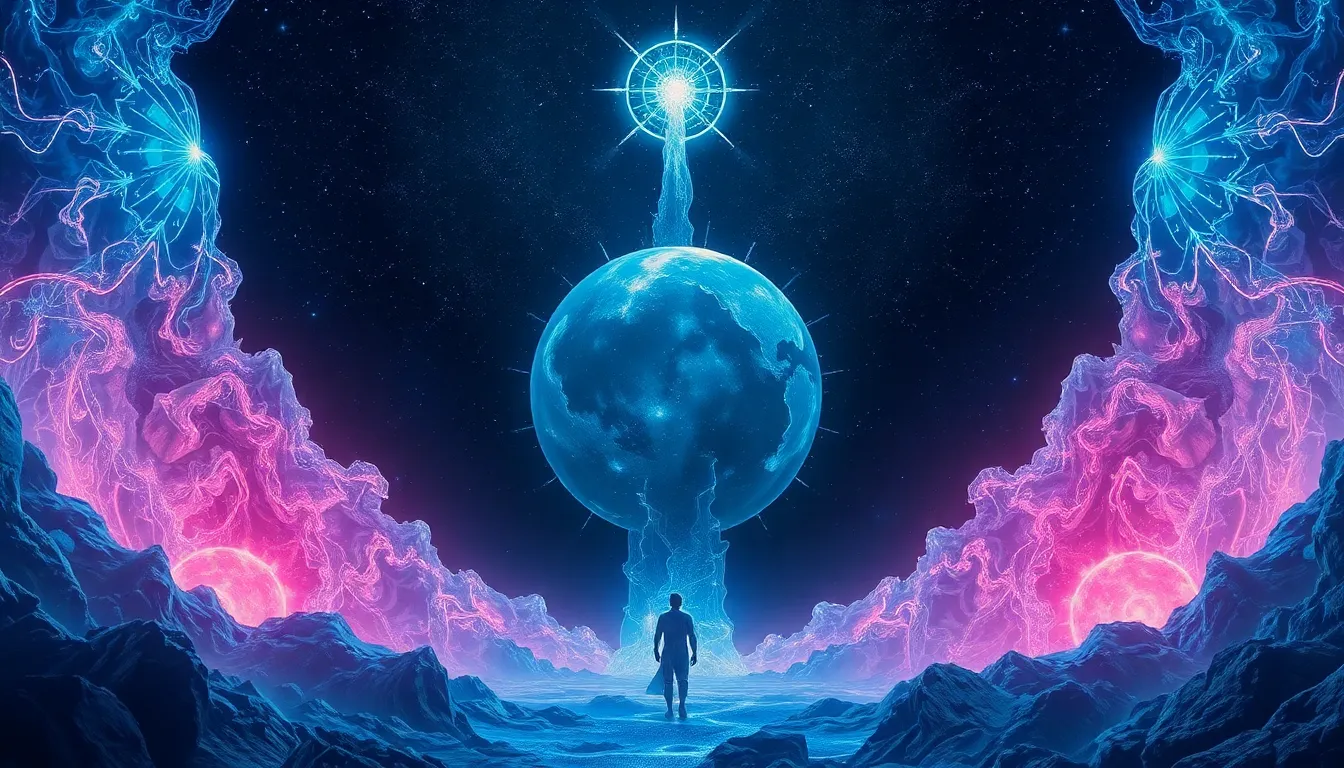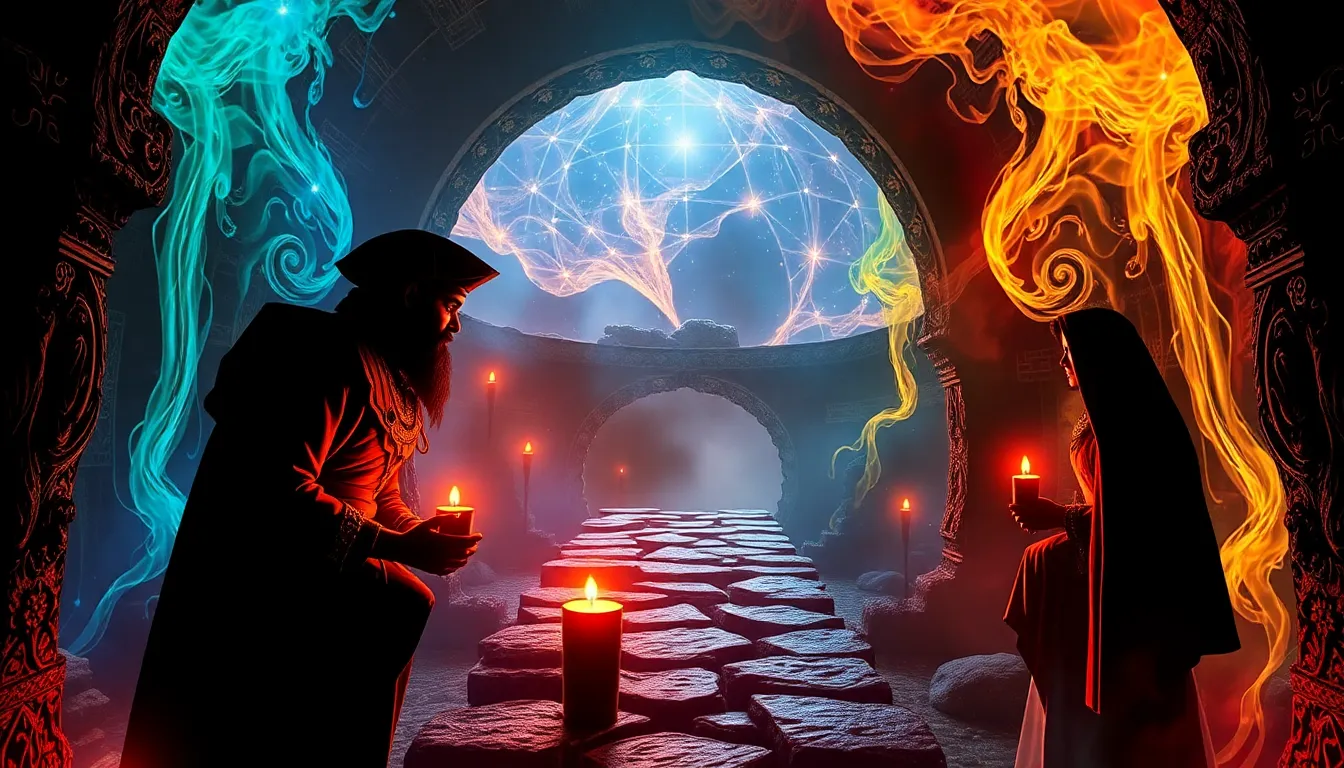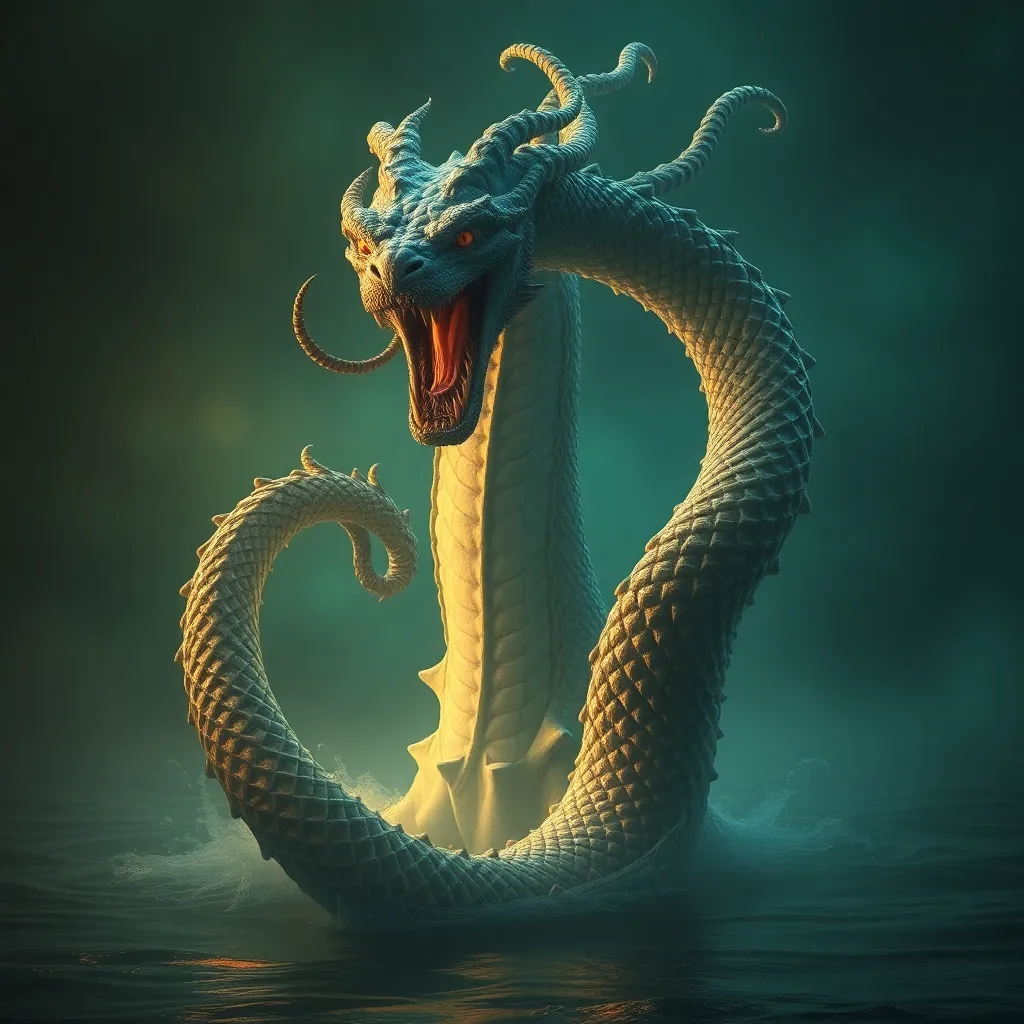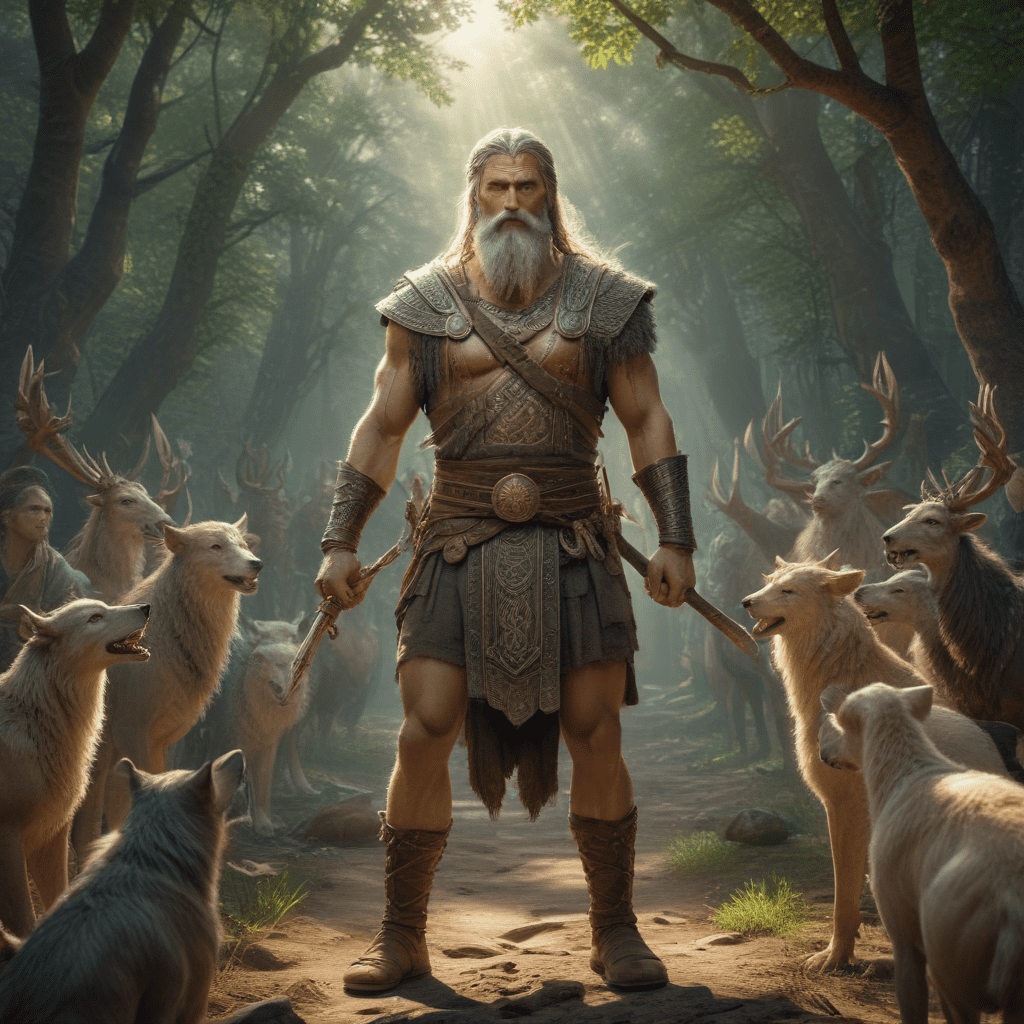From Nothingness to Existence: The Most Profound Creation Myths
I. Introduction
Creation myths are narratives that explain the origins of the universe, humanity, and life itself. They serve as foundational stories for cultures, offering insight into their beliefs, values, and understanding of existence. These myths often explore the transition from chaos or nothingness to a structured universe, encapsulating humanity’s quest for purpose and meaning.
This article delves into the profound theme of creation myths, specifically focusing on the journey from nothingness to existence. By examining various creation narratives from diverse cultures, we can uncover the universal truths and unique perspectives that shape human understanding of our origins.
II. The Concept of Nothingness in Creation
In both philosophical and mythological contexts, nothingness can be defined as the absence of existence or a void that precedes creation. This concept often serves as a backdrop against which creation unfolds. In many creation stories, chaos plays a pivotal role, representing a primordial state from which order emerges.
Different cultures interpret nothingness in various ways:
- In some traditions, nothingness is viewed as a fertile ground for creation, a potentiality waiting to be realized.
- In others, it represents a threat, a chaotic force that must be subdued for order to prevail.
III. Ancient Mesopotamian Myths
The Enuma Elish, a Babylonian creation epic, illustrates the complexities of creation amidst chaos. The narrative begins with the primordial waters of Apsu (fresh water) and Tiamat (salt water), symbolizing the chaotic state of the universe.
In this myth, the god Marduk rises to confront Tiamat, who embodies chaos and destruction. Through a fierce battle, Marduk defeats Tiamat, dismembering her body to create the heavens and the earth. This act of creation from conflict highlights central themes:
- Conflict as a catalyst for order
- The struggle between chaos and civilization
IV. Hindu Cosmology
In Hindu cosmology, the concept of Brahman represents the ultimate reality, an eternal and unchanging source from which the universe emanates. Creation and destruction are cyclical, with the universe undergoing endless cycles of birth, preservation, and dissolution.
The story of Vishnu, who rests on the cosmic ocean, further exemplifies this. From Vishnu’s navel emerges a lotus, which gives rise to Brahma, the creator god. Additionally, the symbolism of creation through divine sacrifice is illustrated in the narrative of Prajapati, a god who sacrifices himself to create life.
V. Greek Creation Myths
Hesiod’s Theogony recounts the Greek creation narrative, beginning with Chaos, the void from which the first beings emerge. Chaos gives birth to Gaia (Earth), Tartarus (the Abyss), and Eros (Love), setting the stage for the creation of the cosmos.
Gaia and Uranus, her son and consort, play crucial roles in the emergence of the Earth, giving birth to the Titans. The subsequent conflict between the Titans and the Olympians introduces themes of power, succession, and the establishment of order in the universe. The significance of these figures illustrates the complexities of creation and the dynamics of divine relationships.
VI. Indigenous Creation Stories
Indigenous cultures around the world possess rich and varied creation narratives that reflect their unique environments and social structures. These stories often emphasize a profound connection to nature and the community.
In some indigenous myths, the trickster figure, such as Coyote in Native American lore, plays a pivotal role in creation. These narratives highlight the duality of creation, encompassing both chaos and harmony. Common themes include:
- The importance of balance and respect for nature
- The emergence of community and kinship
VII. Abrahamic Creation Myths
The Genesis account in the Hebrew Bible presents a structured and orderly creation process, unfolding over seven days. This narrative emphasizes the power of the divine word, as God speaks the universe into existence.
The theological implications of creation ex nihilo (creation from nothing) are profound, suggesting that the universe is contingent upon a transcendent creator. This concept contrasts with other Near Eastern creation narratives, where creation often arises from pre-existing chaos or conflict.
VIII. East Asian Creation Myths
The Chinese creation myth centers around Pangu, who is said to have emerged from a cosmic egg. As Pangu separates the heavens and the earth, he establishes order from chaos. His eventual death leads to the formation of various elements of the world, illustrating the interconnectedness of existence.
In Japan, the myth of Izanami and Izanagi tells of the divine couple who create the islands of Japan. Their story emphasizes themes of love, loss, and the cyclical nature of life, reinforcing cultural values related to family and community.
IX. Modern Interpretations of Creation Myths
In contemporary discourse, the interplay between science and ancient creation myths has garnered interest. While scientific theories such as the Big Bang provide empirical explanations for the origins of the universe, creation myths continue to resonate on spiritual and philosophical levels.
These narratives serve as reflections of human experience, addressing existential questions and offering comfort in the face of uncertainty. They remain relevant in modern spirituality, providing a framework for understanding humanity’s place in the cosmos.
X. Conclusion
Creation myths hold profound significance across cultures, revealing the diverse ways humanity has sought to understand its origins. From nothingness to existence, these narratives encapsulate the essence of human experience—our struggles, our triumphs, and our enduring quest for meaning. By exploring these myths, we not only appreciate our shared heritage but also gain insight into the universal themes that unite us all.



